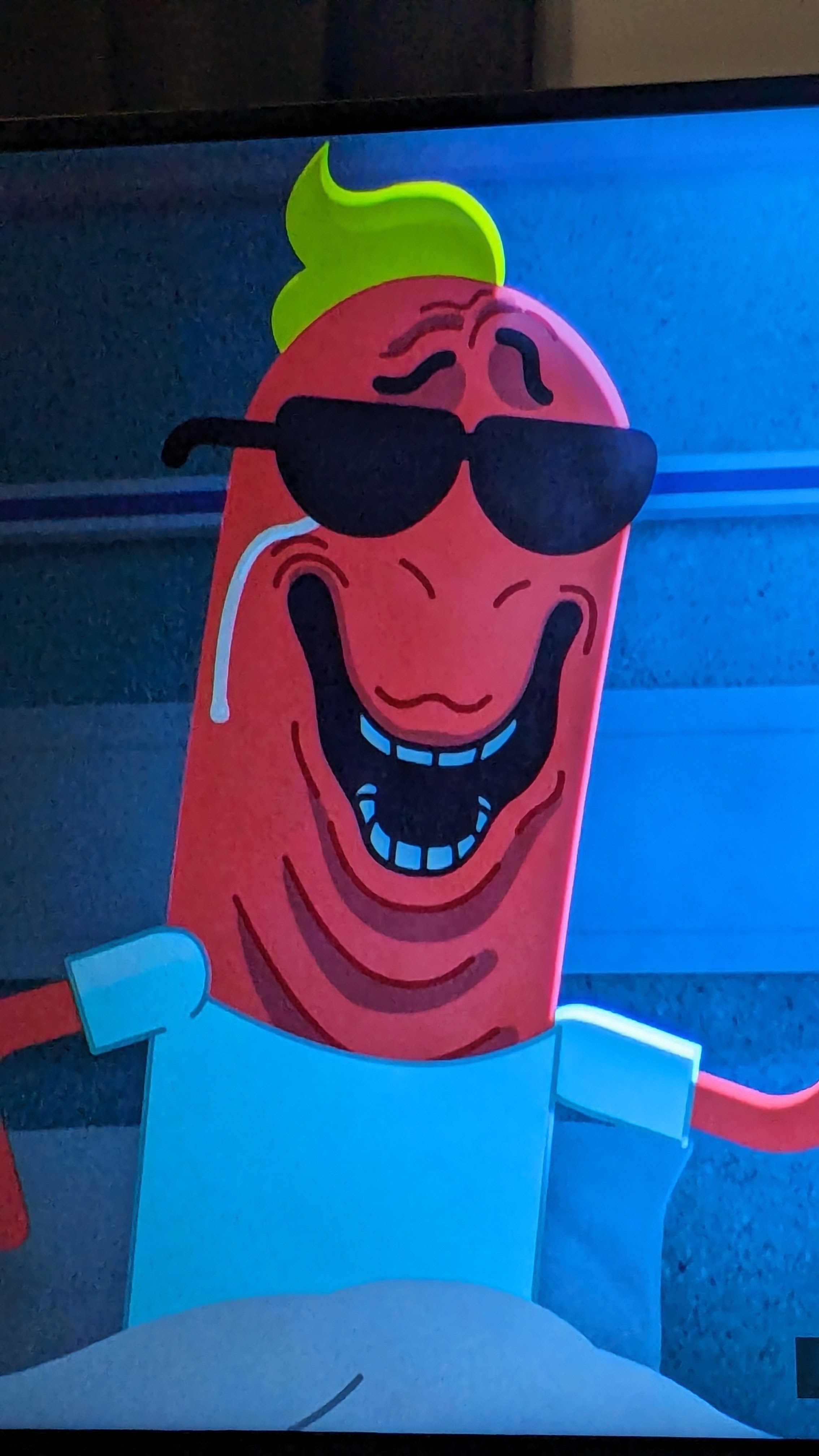- cross-posted to:
- science@lemmy.ml
- cross-posted to:
- science@lemmy.ml
cross-posted from: https://lemmy.ml/post/16488358
Scientists Find Plastic-Eating Fungus Feasting on Great Pacific Garbage Patch
Sounds like great news, no?
Just as we had a time before fungus digesting plant matter, we’ve now had a time before fungus digesting plastics.
“Soon” we’ll get bacteria and insects doing the same, and all our plastic buildings will need to be protected just as the wood ones.
I guess all plastic will be biodegradable eventually.
I can’t tell if it’s a good news or bad news.
Fungus are great news, the best nonplant plant in the ecosystem
Ahem, Mammals would like a word with you. MAMMALS RULE, FUNGUS DROOLS!
It’s mamals who generally drool though
James Acaster has entered the chat
deleted by creator
Assuming it doesn’t evolve the ability to digest human flesh after it eats all the plastic, I think this is great news.
An interesting scifi plot could be where said fungi start hungering for the microplastics within us…
First they came for our patch then they came for our balls
Yeah, the plastic eatings sometgings never process the toxic bits.
“Nature finds a way” – Dr. Ian Malcolm
The plastic simply was a too nice of an energy source to be left aside by microorganisms. There are microorganisms for basically any energy source the world provides. There are bacteria that live on undersea volcanoes feasting on acids and carbon dioxide, so a fungus eating plastic is no actual surprise.
Unless you include the “uh” in that quote I can’t hear Jeff Goldblum say it, and that’s a trigger I didn’t know it had. So, thanks?
I would really like to know what’s the resulting materials after the breaking down, but the article doesn’t say :(
Well, given what we know about most commercial plastics, which are all derived from oil/complex hydrocarbons, the consumed plastic could be broken down into condensed carbon? Or would it be carbon gases? I’m speculating based on just what I know about plastics, what they are and how they’re made.
So, a byproduct of this process is, potentially, greenhouse gases? Yay.
And some toxic compunds.
I’ve heard living organisms tend to output carbondioxide
The fungi are likely oxidizing the plastic to CO2, probably via many metabolic intermediates. This is likely driven by the fact that plastics are chemically reduced - a rich source of chemical potential energy. Accessing that energy requires enzymatic conversion to a less reduced state, culminating in the fully oxidized CO2 molecule.
Like good news right but also fuck my life




